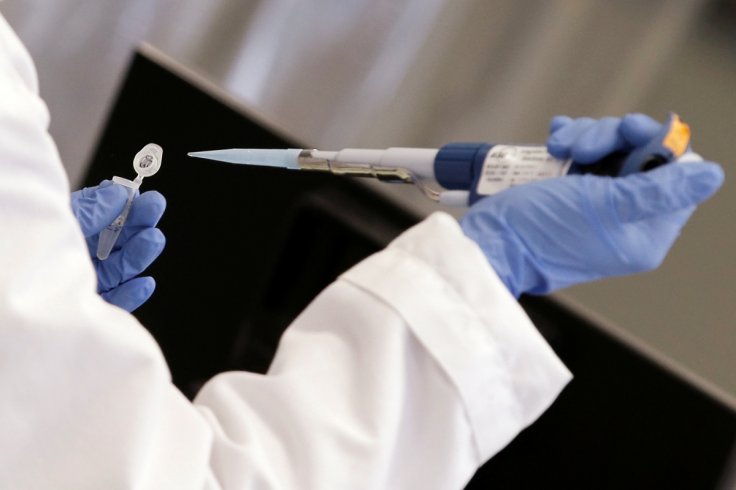In a step towards combatting Human Immunodeficiency Virus (HIV), scientists have successfully developed an HIV vaccine by producing antibodies for two strains of the deadly virus in rabbits. According to a study, scientists have developed antibodies for the remarkable microorganism that attacks our immune system, halting our natural line of defences. The extremely adaptable virus that hides inside cells so that humans cannot get rid of it, changes its surface component so that we cannot train our body to produce antibodies.
Vaccine produced antibodies

Researchers' trial phase findings published in the journal Immunity showed the vaccine produced broadly neutralizing antibodies or bnAbs that neutralized a wide variety of strains. The bnAbs targeted at least two critical sites on the virus, said the findings, with scientists expecting the long-sought vaccine being capable of targeting multiple sites on the virus.
According to scientists, the immune system will be able to recognize the ever-changing virus and deal with it no matter what changes its surface has been through. "We are now working to optimize this vaccine design," said senior author Dr Richard Wyatt, a professor in the Department of Immunology and Microbiology at Scripps Research.
Other HIV vaccines in the trial phase
Several other HIV vaccines, apart from the one developed by a team at Scripps Research and the nonprofit vaccine research organization IAVI, are currently in clinical trials.
"The development of an effective HIV vaccine has been challenging in light of the nature of the virus and its interaction with the human immune system; no person has ever naturally recovered from an HIV infection, and there are no correlates that signal what immune responses are needed to block or clear HIV," said a statement from Dr Jill Gilmour, executive director for Human Immunology at IAVI.
HIV causes AIDS
The researcher continued an HIV vaccine remained an essential tool to halt the spread of the virus and end AIDS that currently affects at least 37.8 million people across the world. According to UNAIDS, at least 35 million people have so far died from Acquired Immunodeficiency Syndrome (AIDS) caused by HIV infection, a figure which has hardly decreased over the last five years. The researcher said the number of infections could increase if prevention efforts were not scaled up substantially.
Combatting HIV
Ignorance and stigma around the infection remain among the topmost challenges faced by governments and healthcare professionals in the eradication of HIV. The virus so far has no treatment, but Antiretrovirus therapies (ART) have played a huge role in controlling the spread of HIV and improving the quality of life of people affected by the virus first detected in 1983.
The need for a preventative and an affordable vaccine has been a top priority for researchers looking to eliminate the major public health threat.









